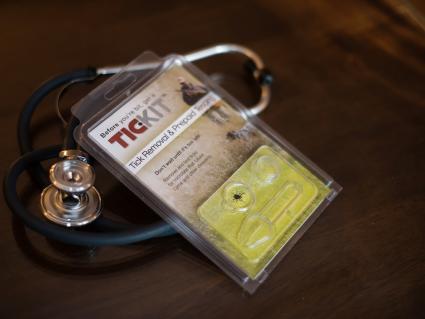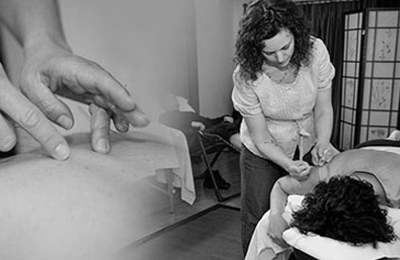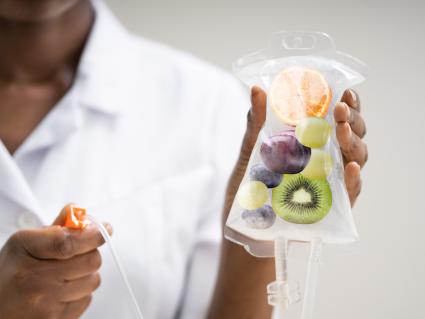Is There a “Lyme Diet”?

For individuals affected by Lyme disease, treatment can take many forms. There are medicines and herbals. Complimentary therapies and mental health support. And diet can make a substantial impact for most people. Rather than one particular “Lyme diet”, nutrition is as individualized throughout one’s Lyme healing journey as it is throughout one’s lifetime. No one “diet” is meant to serve a person their entire lives—nutrition therapy is meant to shape one’s particular needs at any life stage or healing phase.
Plus, aside from the nitty gritty macro-micronutrients, vitamins and minerals of it all, it’s important to address lifestyle factors such as time, physical abilities to prepare food, economic and geographical considerations, food likes and dislikes. No two people are the same, so no two dietary approaches should be.
The main objective of nutrition therapy for the treatment of Lyme disease is to lower inflammation, support the immune system, and encourage the body in healing. One factor to consider deeper is gut health, as nutrition directly impacts the gut, and the gut is where most of our immune system lives. Some medications used to treat Lyme can change the gut microbiome. Additionally, Lyme disease itself can affect the gut, resulting in many types of symptoms. All things considered, a diet therapy that supports healing should include foods that are not only nourishing, equipping the body with the vital energy and nutrients to heal, but also be easiest to digest and not contribute to adverse symptoms but instead, work towards reducing them. For an individual who struggles with constipation, a diet that includes a wide array of fruits and vegetables as well as adequate hydration could be helpful. Conversely, someone who has diarrhea or loose stool may benefit from a diet rich in soluble fibers and include particularly helpful foods such as rice, potato, and cooked pumpkin.
Identifying any food sensitivities and avoiding inflammatory foods or ingredients is helpful for all patients. This can include limiting or avoiding sugar, processed foods, vegetable oils, gluten, dairy, corn, soy, or eggs. A nutrition plan should be as inclusive as possible with a wide variety of foods, while being also as healing as possible. It must also be realistic. Diet need not add stress or anxiety, as having an illness and journeying through the treatment process can be difficult enough. Having a support network of personal and clinical caregivers is a critical component for the individual going through Lyme treatment and we hope to provide loving encouragement to all our patients at the Stram Center who trust us on their journey.
About Janna Neitzel,, MS, RD, CDNRelated Blog Posts

Lyme: Diet is a BIG Deal!
Lyme and tick-borne diseases affect the body in a myriad of ways. On a basic level, they trigger the immune system. When we get infected, the immune system is designed to kick in, causing an inflammatory response, and enlisting the body’s army of mighty cells to target the invaders, killing the bacteria and restoring the body to homeostasis. When we talk about diet and nutrition, we can see…Read the Post

Building Immunity Starts with Your Diet
Now more than ever, we need strong immune systems. Living through a pandemic with flu season upon us, a robust immune system can keep us healthy and help us rebound faster if we do get sick. So, what helps us build a robust immune system? Everything from adequate sleep and exercise, to proper stress management and nutrition. Nutrition plays a key role in helping or hurting us. And if we want…Read the Post

Living with Chronic Pain
As the weather is getting warmer and we are emerging from our winter hibernations through spring blossoms and soon into early summer, we will see a rise in tick borne infectious disease. Lyme disease is a bacterial infection we get from infected ticks. Symptoms of the initial infection may or may not include a bullseye rash but can also include fever, headache, chills, fatigue, muscle and joint…Read the Post
Related Services

Lyme Disease
Lyme Disease Diagnosis and Treatment in Delmar NY and Burlington VT offices At the Stram Center we vow to continue our education on Lyme Disease research, stay up to date on the most effective testing and all the safe available therapies. Moreover, our years of experience in treating patients according to the whole person-integrative medicine approach allows us the most effective way to care…Lyme Disease
Lifestyle and Prevention
Nutrition is an essential component to preventative health, and is one of the most modifiable factors in our lives. Embracing a proper diet for your body has the power to positively impact your health on all levels, helping you reach your own distinctive state of wellness.Lifestyle and Prevention

Nutritional Counseling
The practitioners at the Center recognize that diet is often the basis for your heath and your potential to heal. Adopting a healthy diet is often the first step towards correcting health problems. Many medical conditions can be treated more effectively when the patient implements specific diets and uses nutritional supplements. These interventions afford fewer complications and side effects than…Nutritional Counseling





















